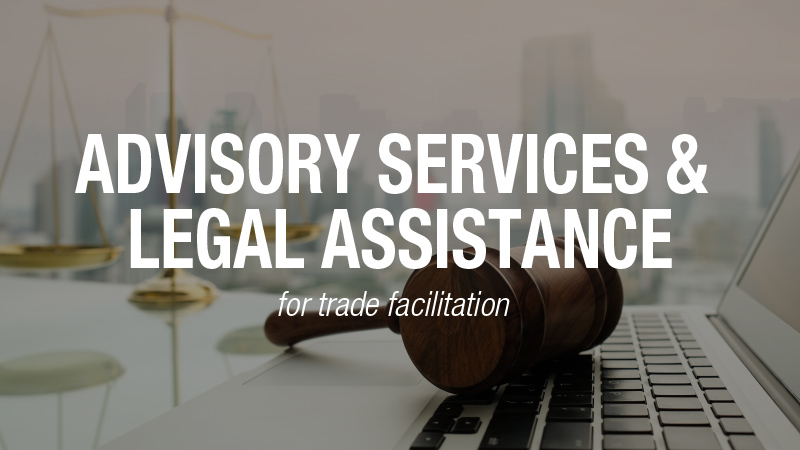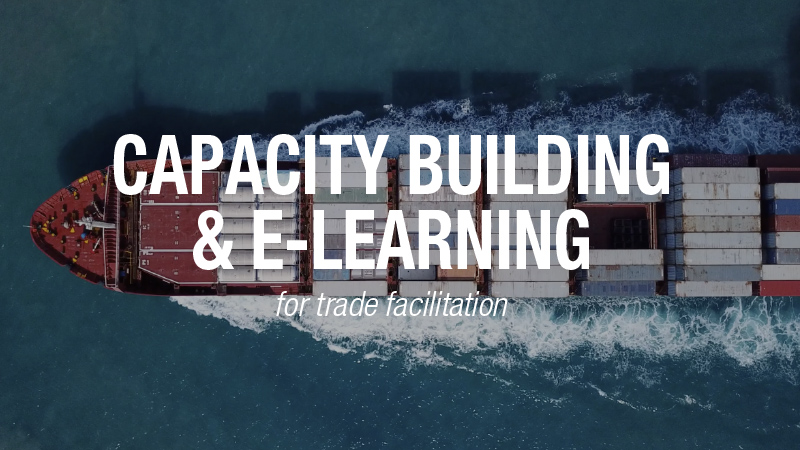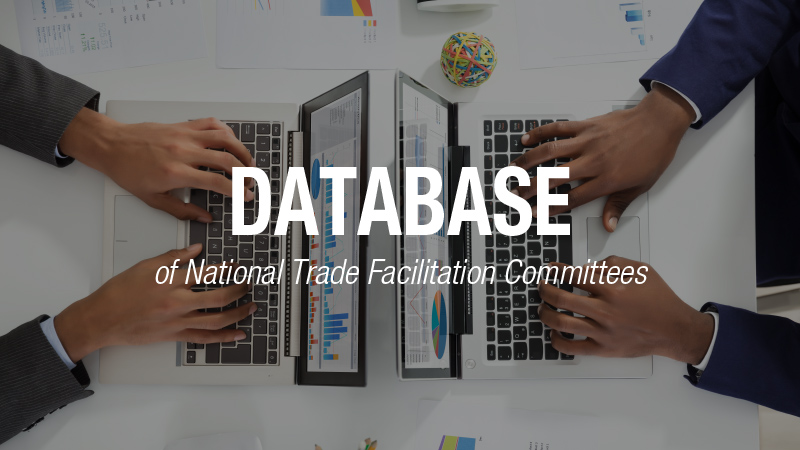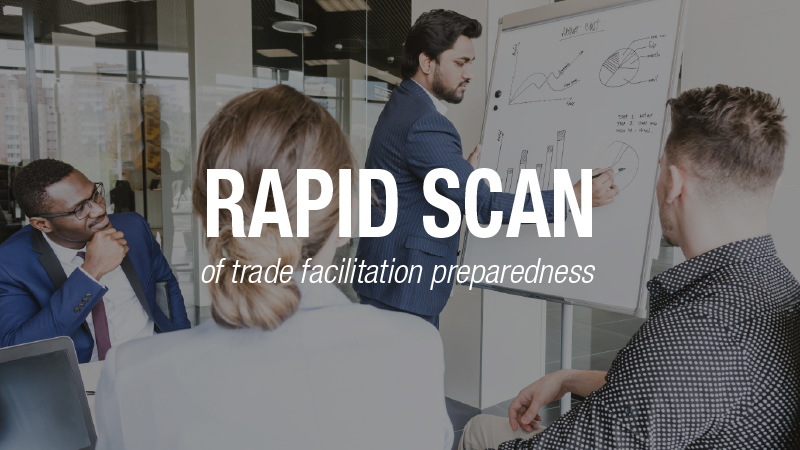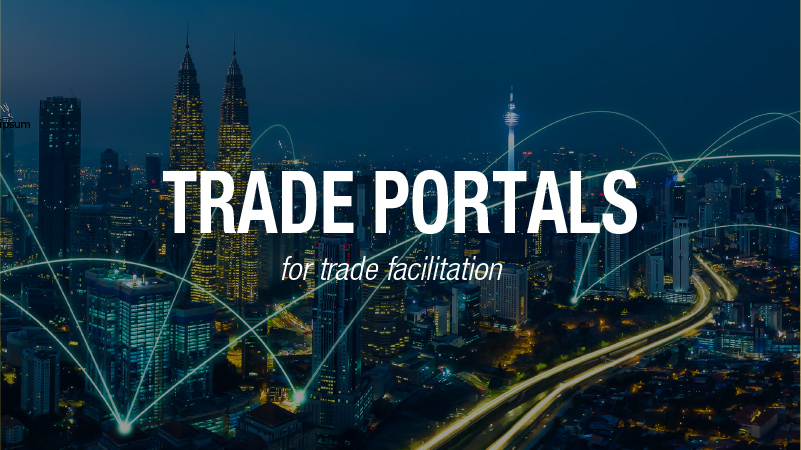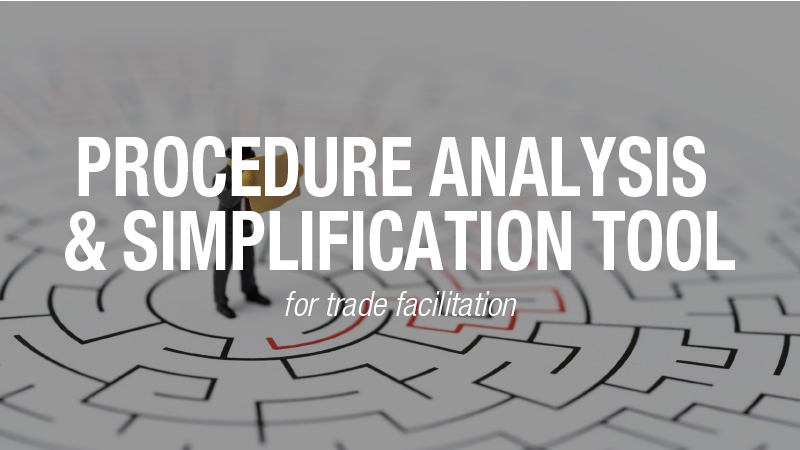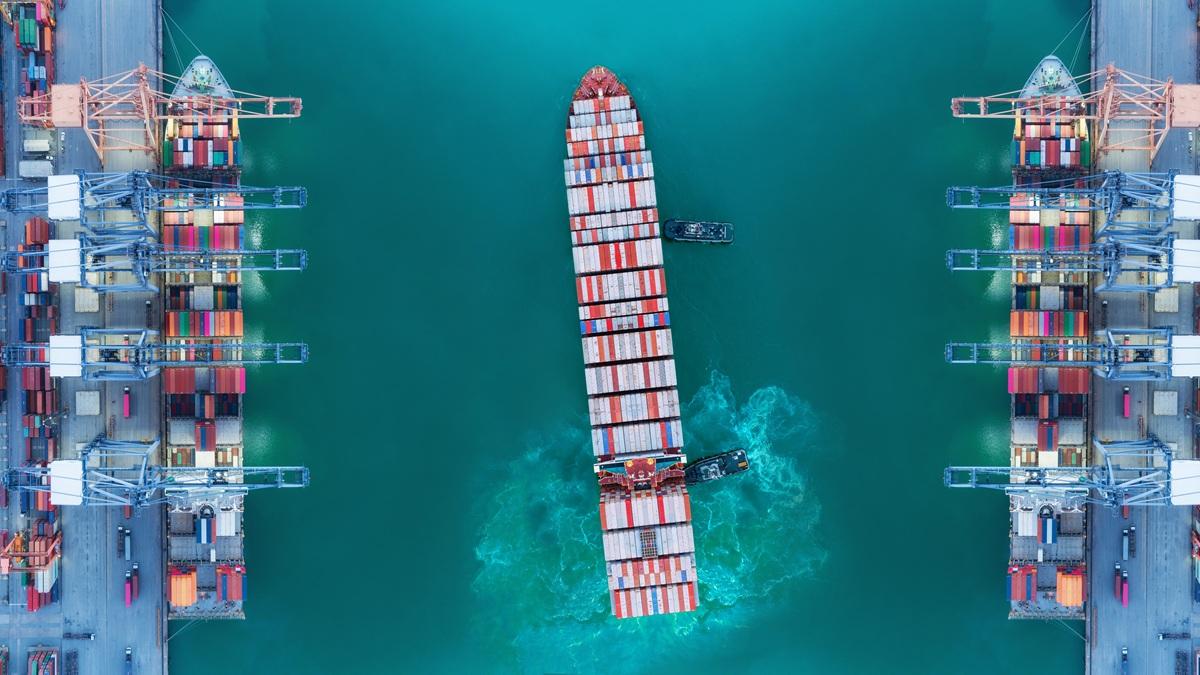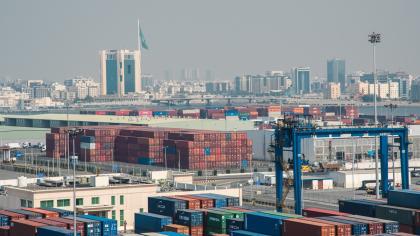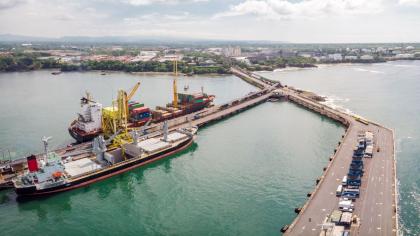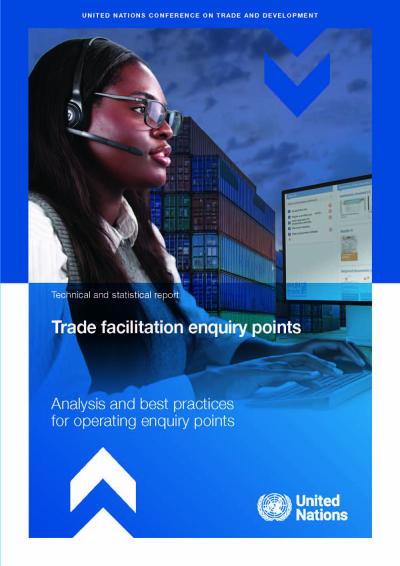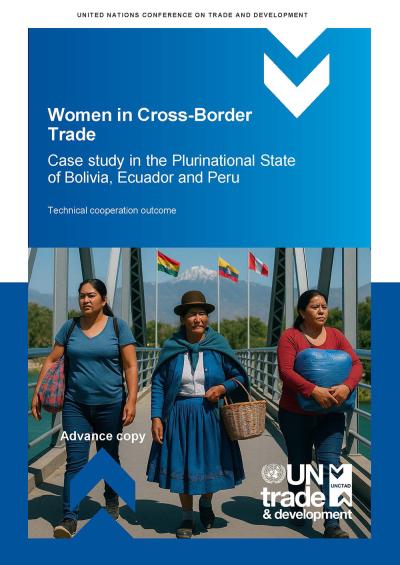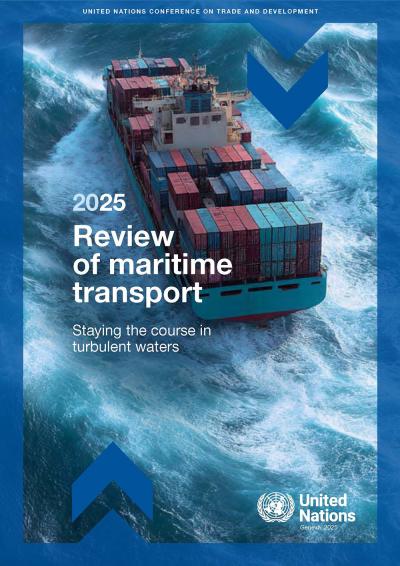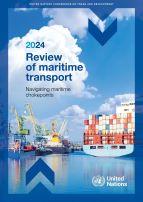Objectives
Through its Trade Facilitation programme, UNCTAD aims to:
- Deliver comprehensive technical assistance and capacity-building across all aspects of trade facilitation, including paperless trade and digitalization.
- Conduct in-depth research and analysis to support evidence-based policymaking.
- Actively contribute to the multilateral agenda on logistics, trade facilitation, and supply chain management.
Trade facilitation solutions
Our solutions are designed to support countries in overcoming barriers to trade by providing targeted digital tools, training, and advisory services.
From building capacity and simplifying procedures to promoting sustainable practices and improving transit coordination, each solution addresses specific challenges to facilitate cross-border trade.
Together, they form a comprehensive approach to empower countries to enhance efficiency, transparency, and resilience in their trade systems.
Click on each image below to learn more about our solutions.
Trade facilitation solutions implemented since 2015
Select a technical assistance product in the legend to display UNCTAD support worldwide
Dotted line represents approximately the Line of Control in Jammu and Kashmir agreed upon by India and Pakistan. The final status of Jammu and Kashmir has not yet been agreed upon by the parties.
News
Newsletter
We have changed our way of communicating. The Transport and Trade Facilitation Newsletter has now been replaced by UN Trade and Development Insights.
Subscribe and make sure to select ‘Shipping, supply chains, trade logistics and facilitation’ as a topic to continue receiving our updates.
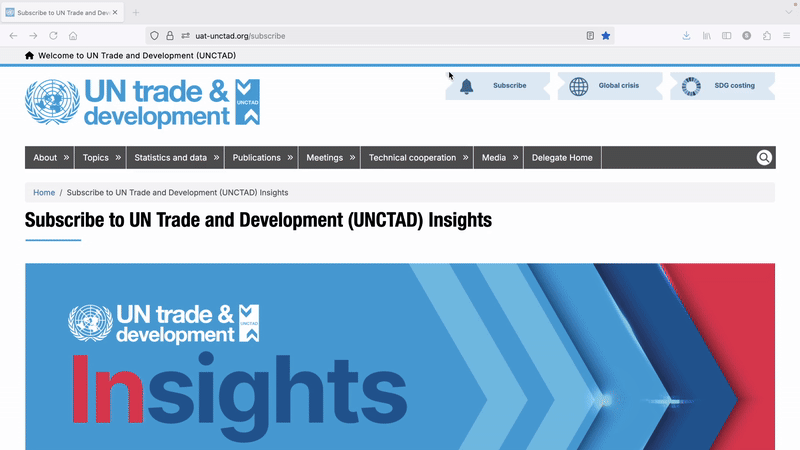
You may also view the repository of all previous Transport and Trade Facilitation Newsletters.
Publications
Technical notes
Related
Projects
- Reform Tracker for SIECA trade facilitation strategy
- AfCFTA support on non-tariff barriers, trade facilitation and intellectual property rights
- Capacity building for East African Community trade portals connectivity
- Strengthening the capacity of national trade facilitation committees in the ECOWAS region
- Blockchain for trade facilitation
- Accelerate trade facilitation
- PACER Plus transparency and trade portals
Events & meetings
23 – 24 octubre 2024
Reunión Multianual de Expertos sobre Transporte, Logística Comercial y Facilitación del Comercio, undécimo período de sesiones
21 – 24 mayo 2024
Foro Global de la Cadena de Suministro 2024
22 – 26 abril 2024
Comisión de Comercio y Desarrollo, 14º período de sesiones
17 – 19 julio 2023
Reunión Multianual de Expertos sobre Transporte, Logística Comercial y Facilitación del Comercio, décimo período de sesiones
22 noviembre 2022
Segundo aniversario del Rastreador de Reformas para los Comités Nacionales de Facilitación del Comercio - Ayudando a los CNFC a supervisar las reformas de facilitación del comercio desde 2020
21 – 25 noviembre 2022
Comisión de Comercio y Desarrollo, 13er período de sesiones
7 – 9 mayo 2019
Reunión Multianual de Expertos sobre Transporte, Logística Comercial y Facilitación del Comercio, Séptimo período de sesiones
21 – 23 noviembre 2018




